-
HOW TO USE AURICULOTHERAPY FOR CHRONIC PAIN MANAGEMENT
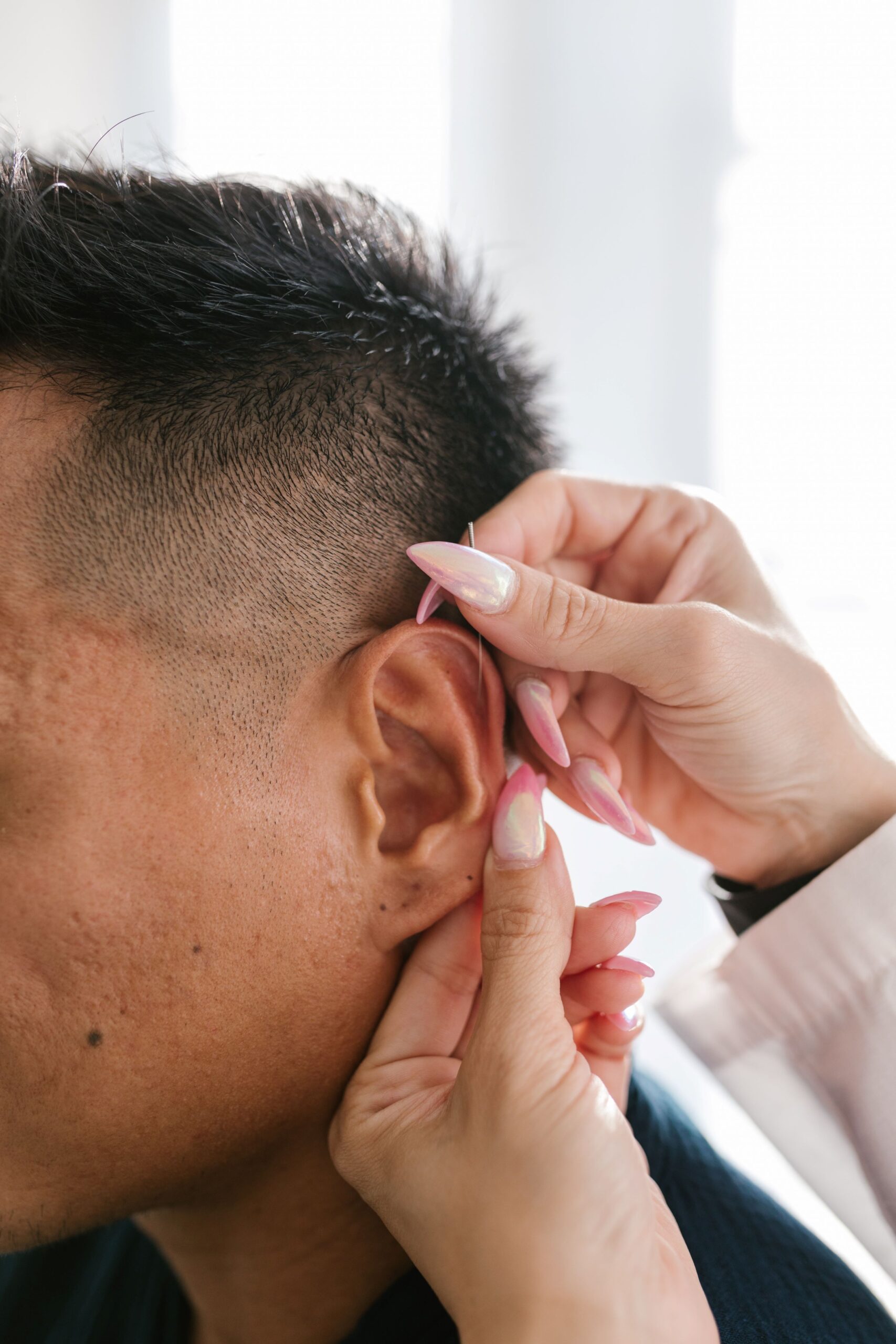
Although allopathy has gained fame globally because of its numerous benefits and practices, there are also other old types of therapies which are practiced in corners of the world to keep the human body healthy. Similar to the types of ancient Chinese medicine like acupressure and acupuncture, auriculotherapy has also gained widespread fame in the…
-
HOW TO USE ACUPUNCTURE FOR CHRONIC MIGRAINES
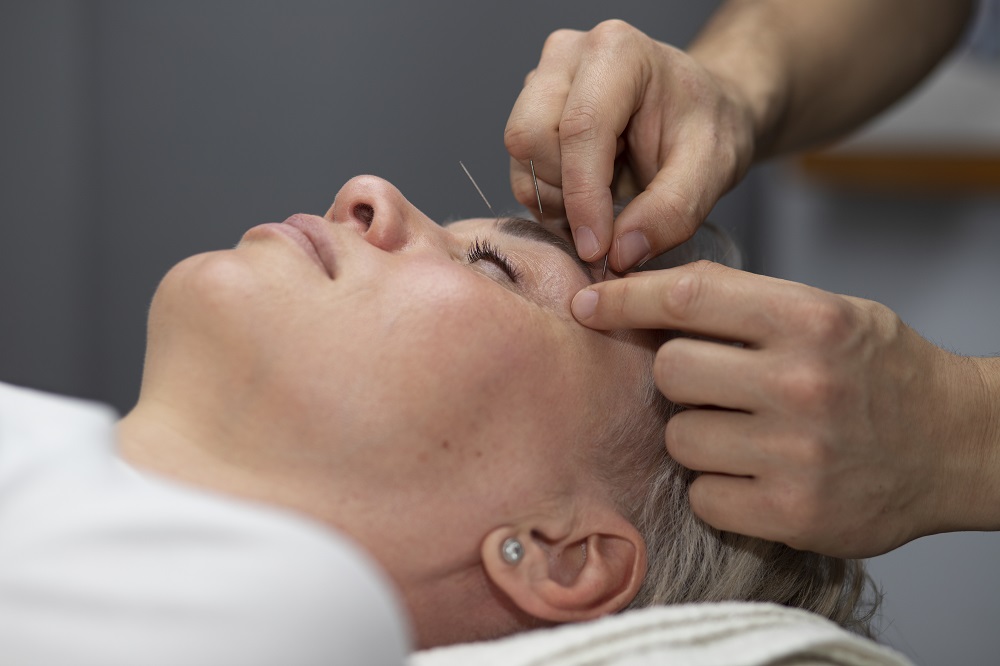
Acupuncture is an ancient migraine and tension headache treatment used in Chinese medicine. Chinese medicine holds that life energy Qi (pronounced “chee”) flows through the body along pathways or channels called meridians. When the flow of Qi becomes unbalanced and disrupted it causes health problems. The main goal of acupuncture is to rebalance and unblock…
-
THE BENEFITS OF ACUPUNCTURE FOR CHRONIC PAIN IN POLYMYALGIA RHEUMATICA PATIENTS ON LOW-DOSE PREDNISONE

Polymyalgia Rheumatica (PMR) is a relatively common inflammatory disorder that primarily affects older adults, usually those over the age of 50. It is characterized by muscle pain and stiffness, primarily in the shoulders, neck, hips, and thighs. PMR is often associated with another condition called giant cell arteritis (GCA), which involves inflammation of the blood…
-
HOW TO INCORPORATE RAPID RELEASE THERAPY INTO YOUR PRACTICE

Rapid Release Therapy (RRT) is a therapeutic modality that utilizes a handheld device to deliver high-frequency vibrations to targeted areas of the body. It is designed to help relieve pain, release muscle tension, and improve overall physical function. Here are some key points about Rapid Release Therapy: 1. How It Works: RRT works by delivering…
-
HOW TO USE ACUPUNCTURE FOR PIRIFORMIS SYNDROME PAIN RELIEF
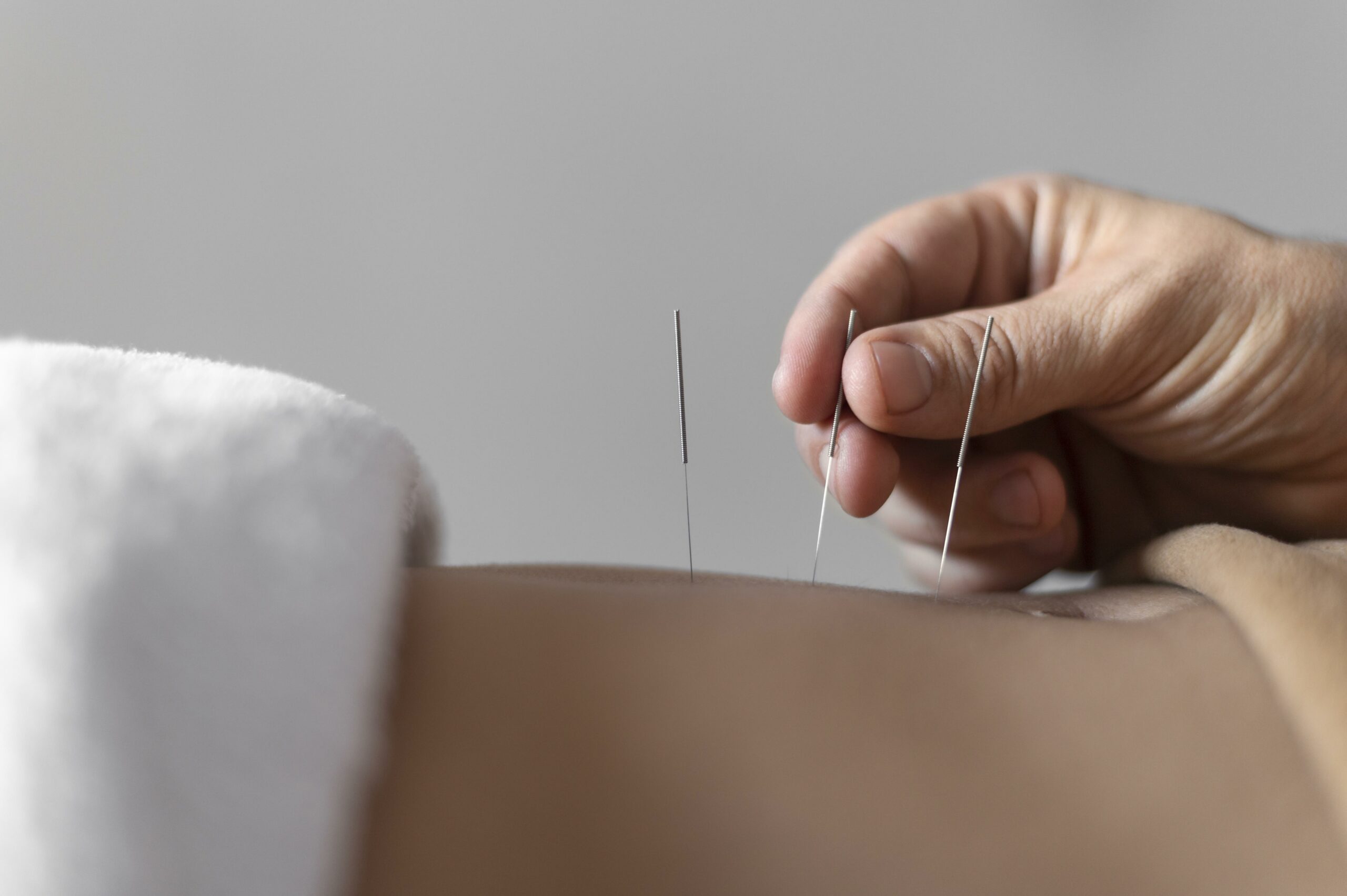
Piriformis syndrome is a condition that involves the irritation or compression of the piriformis muscle and the nearby sciatic nerve. The piriformis muscle is located deep in the buttocks, and the sciatic nerve runs from the lower back down through the hips and into the legs. When the piriformis muscle becomes tight, inflamed, or spasms,…
-
HOW TO USE AURICULOTHERAPY FOR SUBSTANCE ABUSE RECOVERY SUPPORT

Although allopathy has gained fame globally because of its numerous benefits and practices, there are also other old types of therapies which are practiced in corners of the world to keep the human body healthy. Similar to the types of ancient Chinese medicine like acupressure and acupuncture, auriculotherapy has also gained widespread fame in the…
-
HOW TO USE ACUPUNCTURE FOR PLANTAR FASCIITIS
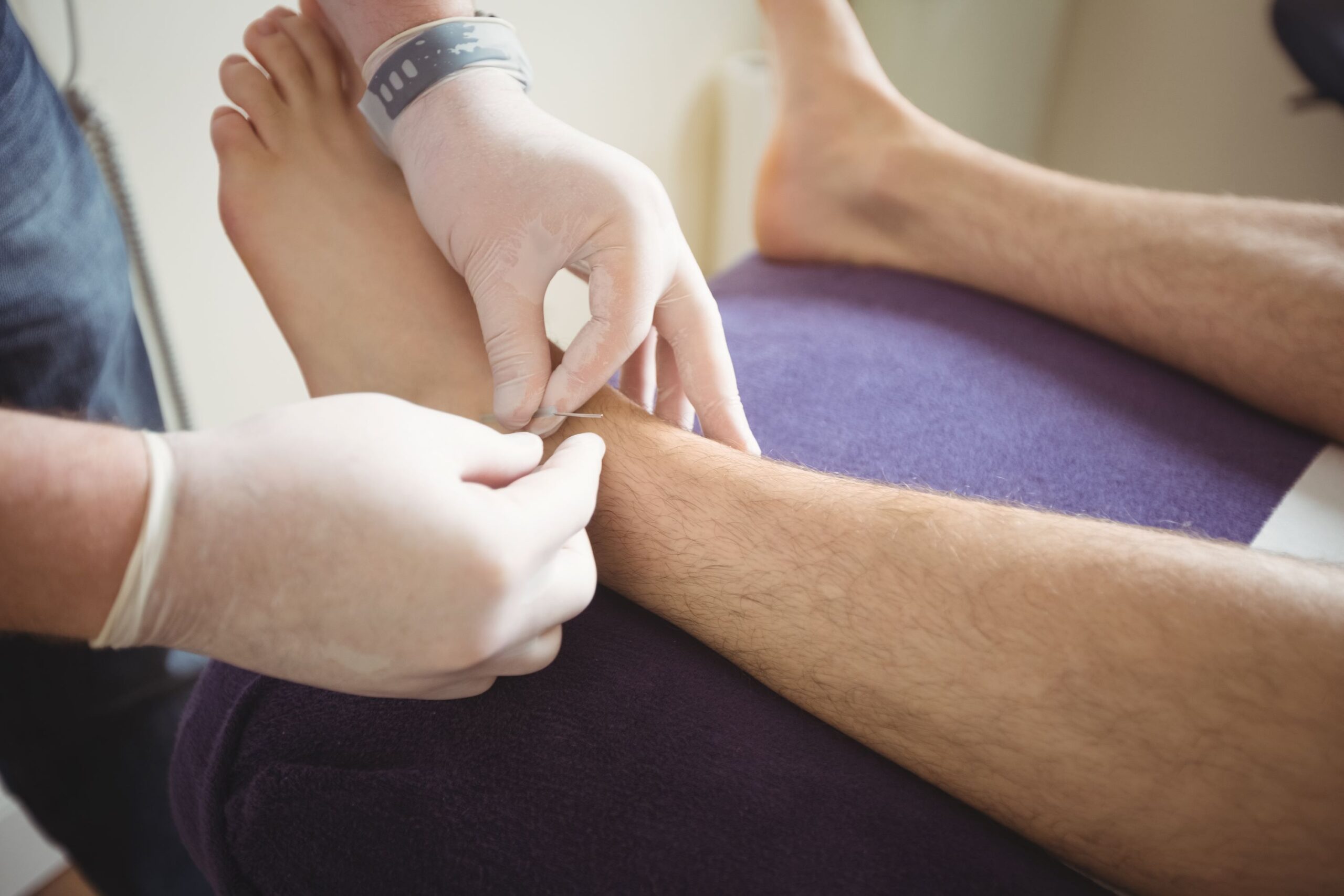
Plantar Fasciitis (Heel Pain) is a very common problem that seems to be “incurable” to most doctors and physical therapists. I am going to challenge this belief and show you what actually goes on with plantar fasciitis, and why it is fix-able. A lot of common therapies: NSAIDS/Cortisone Shots/Surgery/ Stretches usually never fix the true…
-
HOW TO USE AURICULOTHERAPY FOR INSOMNIA AND SLEEP DISORDERS IN ADULTS

Although allopathy has gained fame globally because of its numerous benefits and practices, there are also other old types of therapies which are practiced in corners of the world to keep the human body healthy. Similar to the types of ancient Chinese medicine like acupressure and acupuncture, auriculotherapy has also gained widespread fame in the…
-
UNDERSTANDING THE SCIENCE BEHIND ACUPUNCTURE FOR METHAMPHETAMINE ADDICTION RECOVERY

Methamphetamine addiction can be prevented but, the process involves critical and strategic planning. Methamphetamine, commonly known as “meth”, is a highly addictive stimulant. The effects last longer than other drugs, making it even more potentially dangerous, than drugs whose effects are short lived. The production and use of meth are among the most dangerous of…
-
THE BENEFITS OF ACUPUNCTURE FOR ENDOMETRIOSIS-RELATED FERTILITY ISSUES
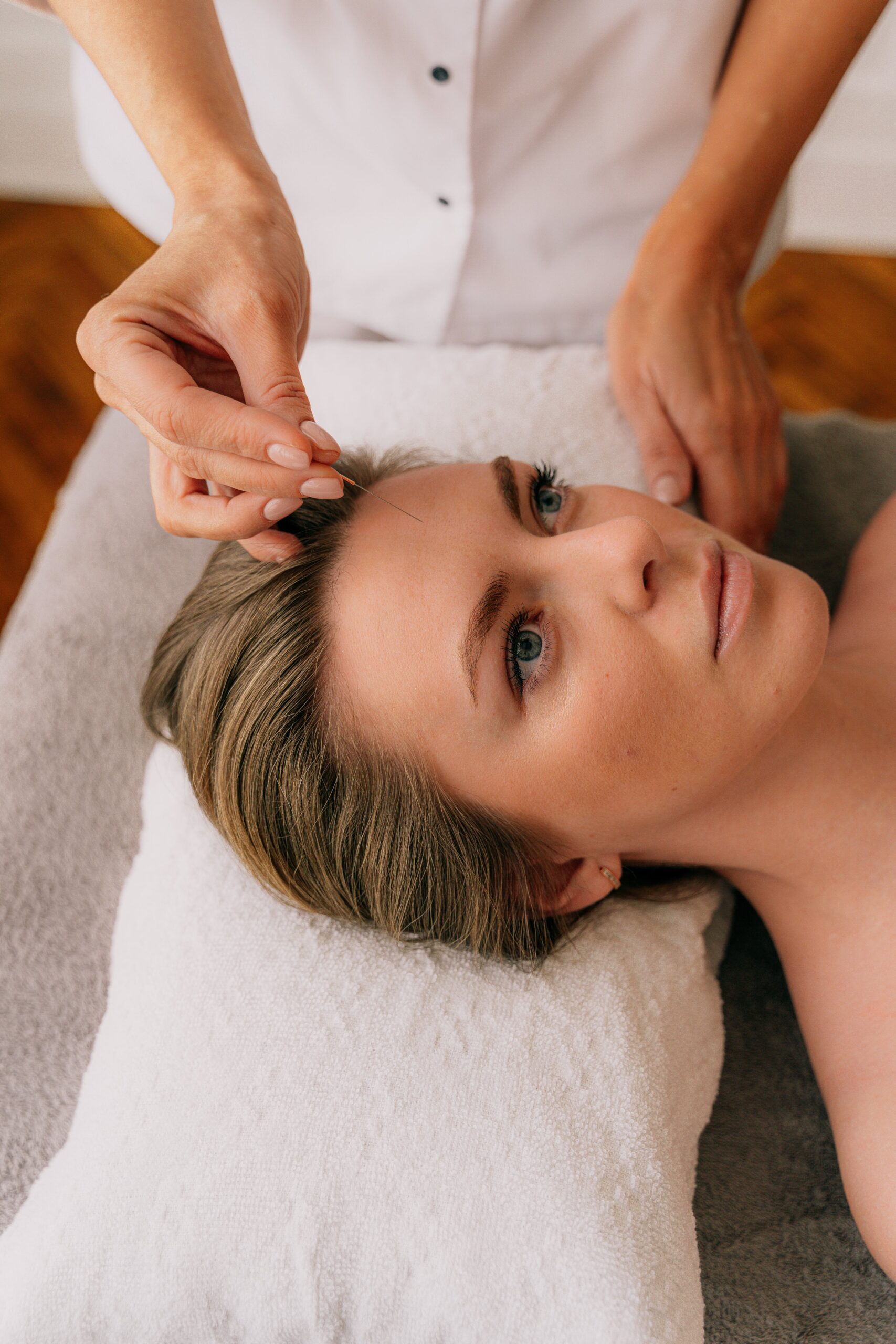
Acupuncture has been widely recognized for its role in pain management and is often utilized as a complementary therapy alongside conventional treatments. Here are key points regarding the role of acupuncture in pain management: 1. Traditional Chinese Medicine Perspective: Acupuncture is based on the principles of Traditional Chinese Medicine (TCM), which views pain as an…
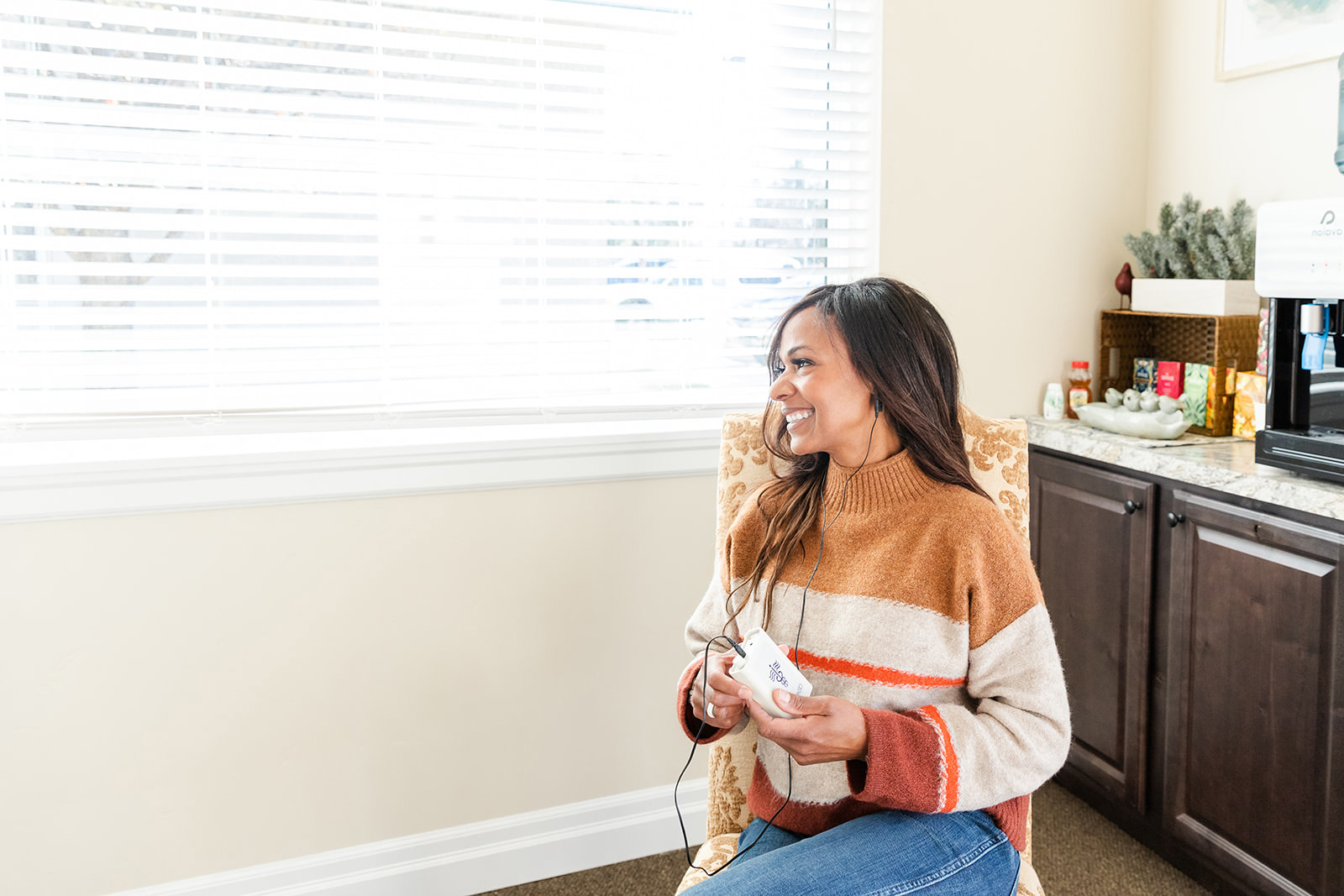
The CES Ultra is a cranial electrotherapy stimulation device that is FDA-cleared to effectively treat axiety and insomnia.
Learn more about the CES Ultra by reading the posts below!
-
HOW TO INCORPORATE RAPID RELEASE THERAPY INTO YOUR PRACTICE

Rapid Release Therapy (RRT) is a therapeutic modality that utilizes a handheld device to deliver high-frequency vibrations to targeted areas of the body. It is designed to help relieve pain, release muscle tension, and improve overall physical function. Here are some key points about Rapid Release Therapy: 1. How It Works: RRT works by delivering…